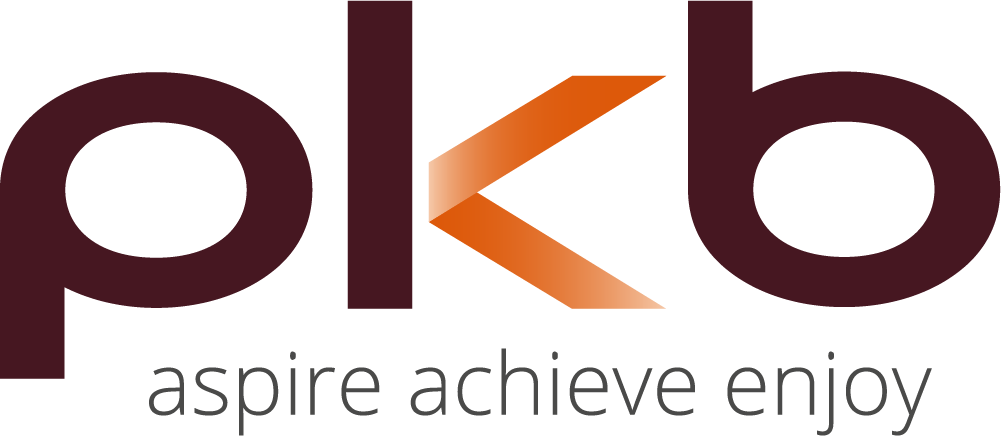In life, the end of another year is marked by fireworks and celebrating. But in business, year-end accounts are usually met with groans and tension. If you’ve ever wanted to make the whole process more pain-free, here’s the essential PKB guide
1. No More Audits

For all business years starting after January 1st 2016, audits are no longer compulsory if you meet certain conditions that define your company as a “Small Business”. In order to qualify, your business must meet two of the following criteria:
- Annual turnover of under £10.2 million;
- Assets worth less than £5.1 million;
- Employs less than 50 people.
This is great news if you own a small, limited company, as you’ll no longer be obliged to prepare end of year audits. You can, of course, still choose to submit your records for auditing, if you like to display your clear and open financial record. Contact us if you’d like any help with this.) And stakeholders who own more than a 10% share in your company can still request an audit. But otherwise, audits are a thing of the past. Feel free to go and shout that from the rooftops for a moment. We’ll stay right here.
2. Abridged Accounts
Small Businesses (see the criteria above) can no longer submit abbreviated accounts to Companies House for accounting periods after January 1st 2016. But, you can still submit Abridged Accounts. These contain a simpler balance sheet, which means that less of your private, company information will be publicly available.
In order to submit Abridged Accounts, you must get the pre-agreement of all your members , and you have to obtain that during the previous financial year. On your accompanying statement (that you submit with your Abridged Accounts), you must include the sentence: “Members have consented to the Abridgement” to outline their approval before the accounts are filed with Companies House.
As ever, if you’d like any help with any aspect of filing your accounts, please just contact us.
3. Size Matters
If your company is small enough to qualify as a “Micro Entity”, your accounts get even easier. To qualify, your company must meet two of the following criteria:
– Annual turnover of £632,000 or less;
– Assets worth £316,000 or less;
– 10 or fewer employees.
Owners of micro entities can prepare simpler accounts to meet statutory minimum requirements, such as sending a balance sheet containing less information to Companies House. Like Small Businesses, you no longer are allowed to submit Abbreviated Accounts, but you can submit Abridged Accounts if you complete the steps outlined above.
4. Keep Accurate Company Records
When you understand the Records your company is obliged to submit with its end of year Accounts, you won’t have any last-minute surprises! As your year goes along, ensure you keep all the information updated so that it’s simple to collate it all before your Accounts deadline.
Remember, records should usually be kept for at least six years from the end of a tax year. For your Company Records, you’ll need:
– Details of company directors, shareholders and secretaries;
– Loans or mortgages secured against company assets;
– Indemnity promises;
- Debentures promises (for the company to repay loans at specific dates in the future);
- Results of shareholder votes or resolutions;
- Transactions when someone buys company shares.
In addition, you must also keep a register of people with significant control in your business. This should contain details of anyone who:
– Owns more than a 25% stake in your company;
– Has the power to remove or appoint directors;
– Can influence or control your company.
If you need any help with your Company Records, give us a call.
5. Keep accurate Accounting Records
Finally, the last way to stress-free your Accounts, is to keep full and accurate Accounting Records. We can give you a wealth of experience in this area, as we handle Accounts for many businesses in the Berkshire area. As ever, just contact our friendly team. Don’t suffer in silence!
Your accounting records should include all income and expenditure plus details of any assets, debts or stocks either owned or owed at the end of your company’s financial year.
You should also retain any invoices, receipts and any other documents you may need to prepare or file your annual company tax return.
Failure to maintain accounting records could land you a £3,000 fine, so don’t leave any of this to chance.
We hope that helps reduce the headache of your end-of-year Accounts. And, from all of us, we’d like to wish you a very prosperous Financial Year!
To read news and blogs from Rebecca Austin, click here >>

